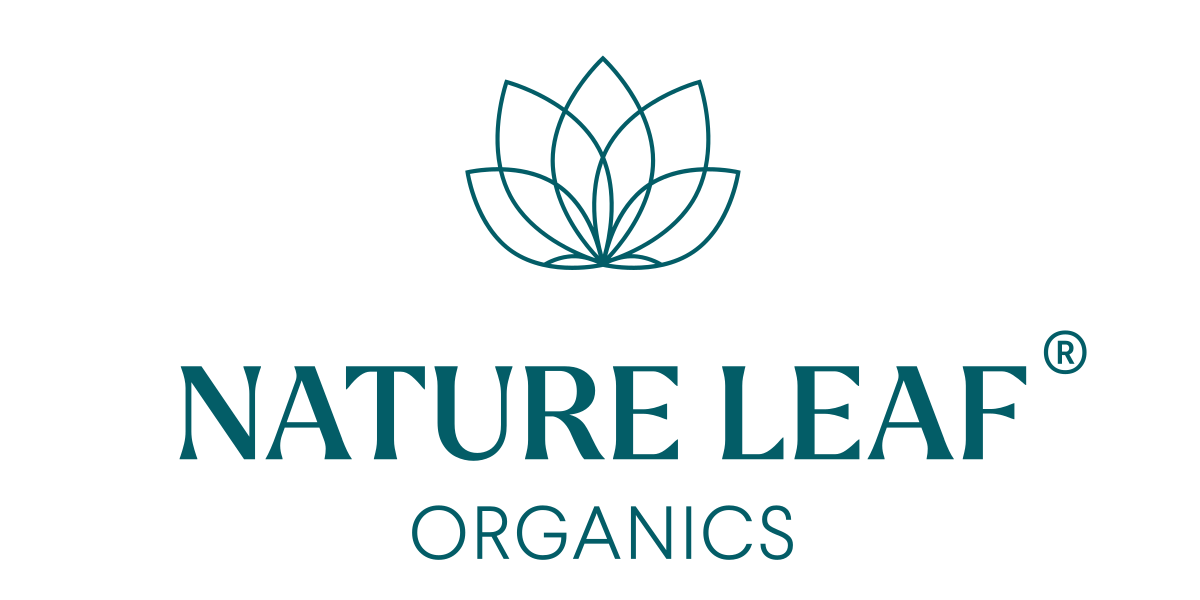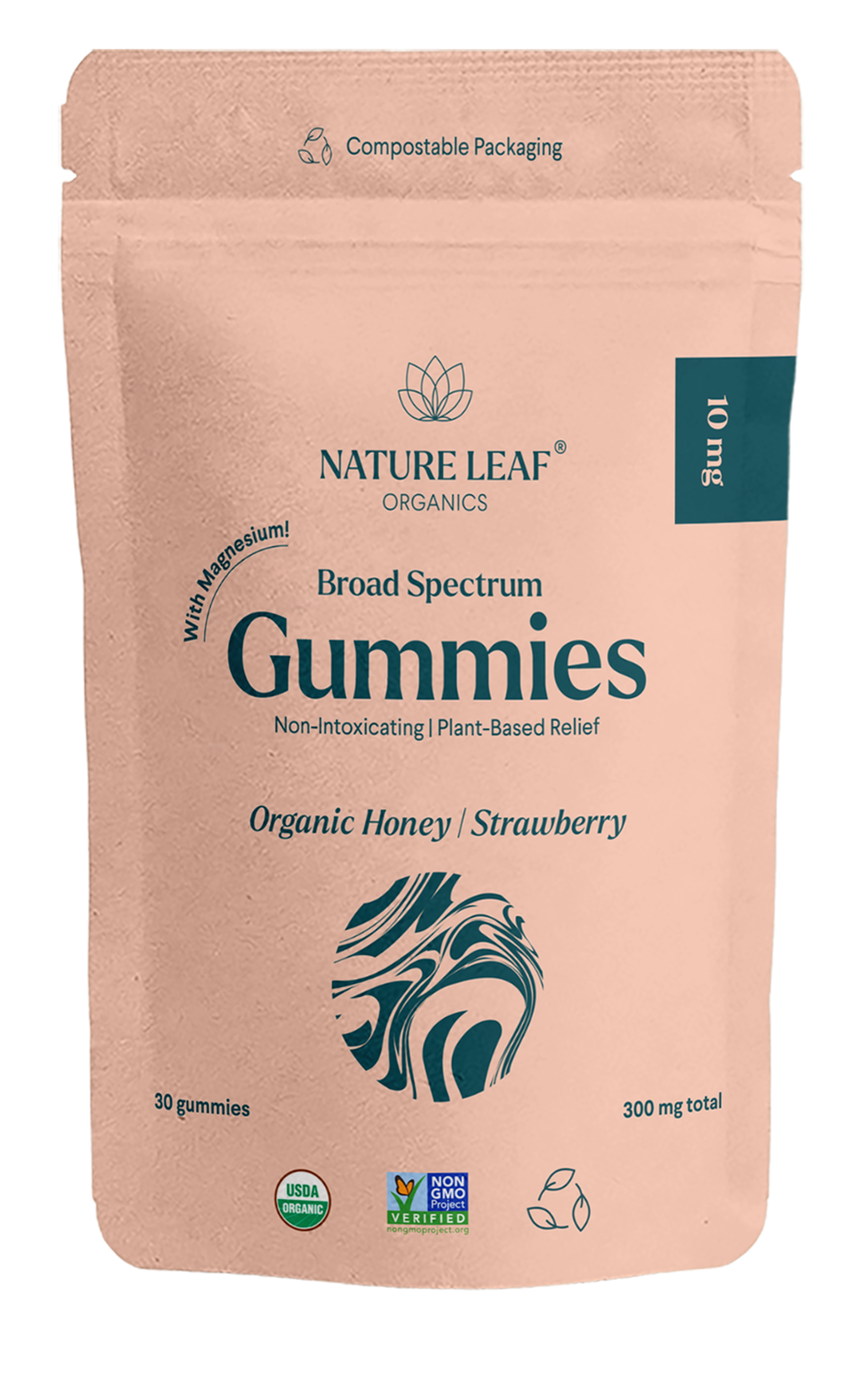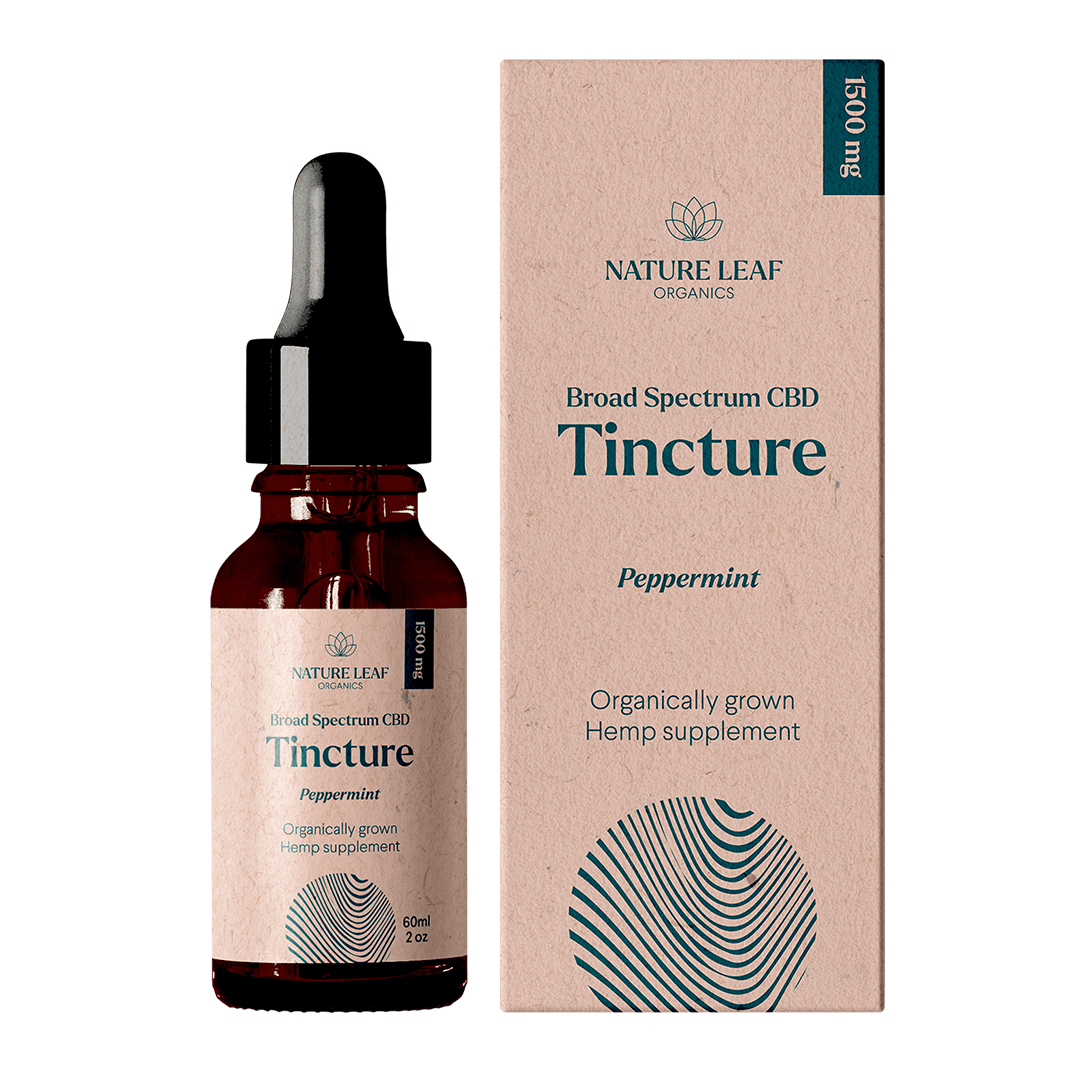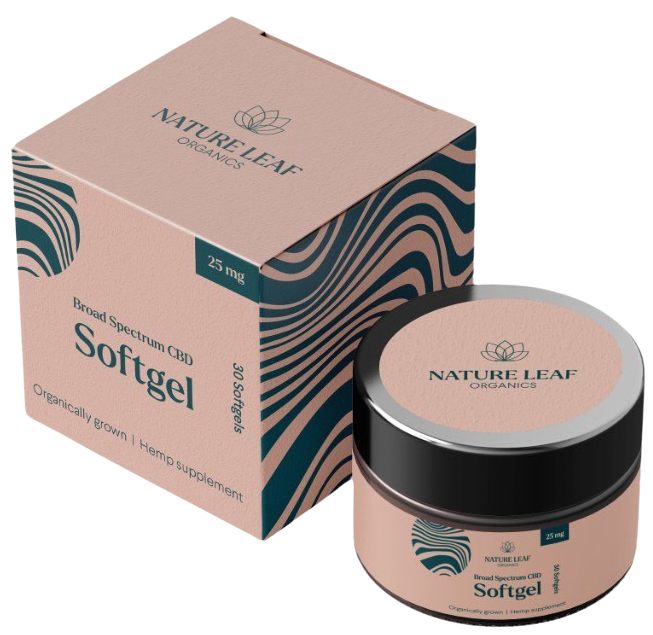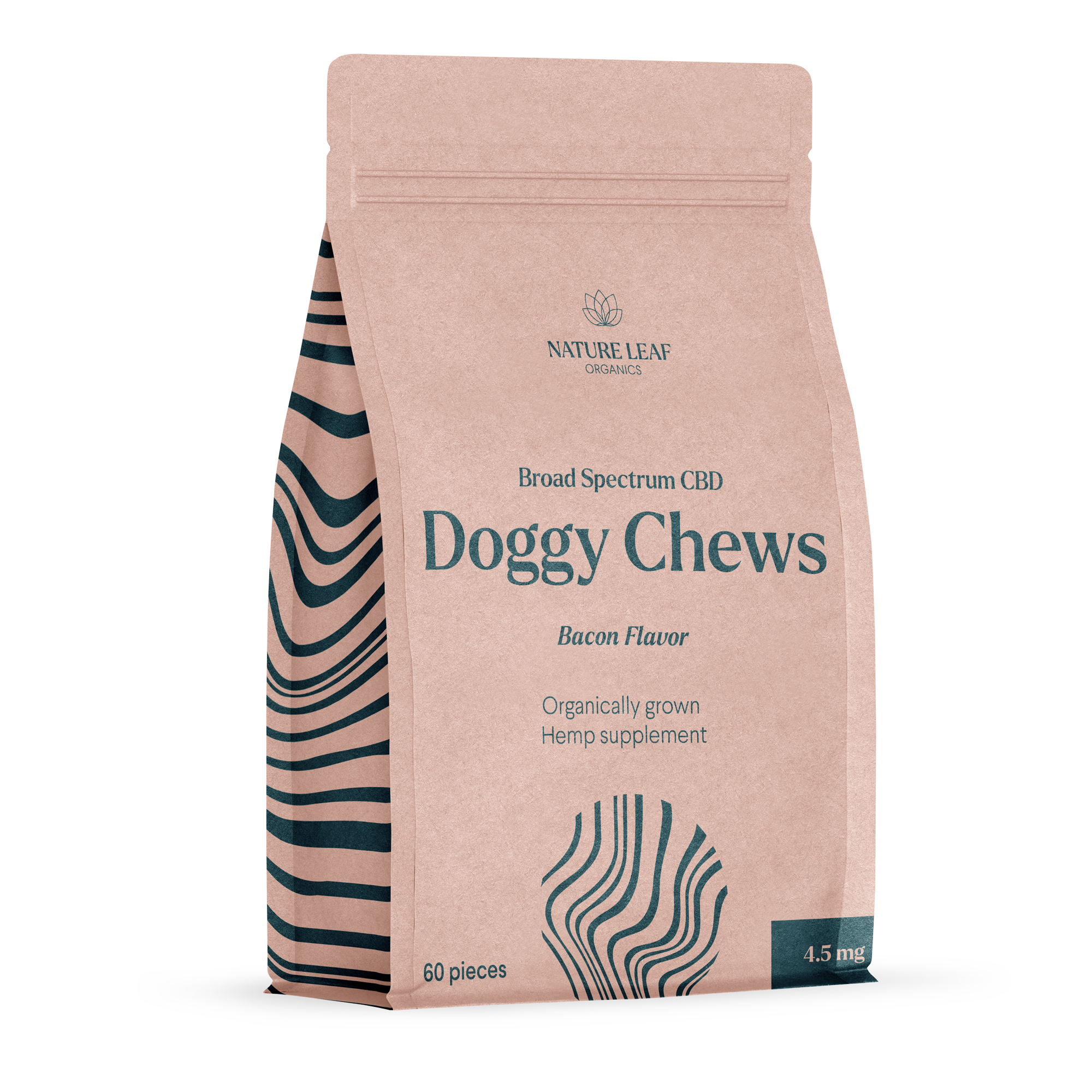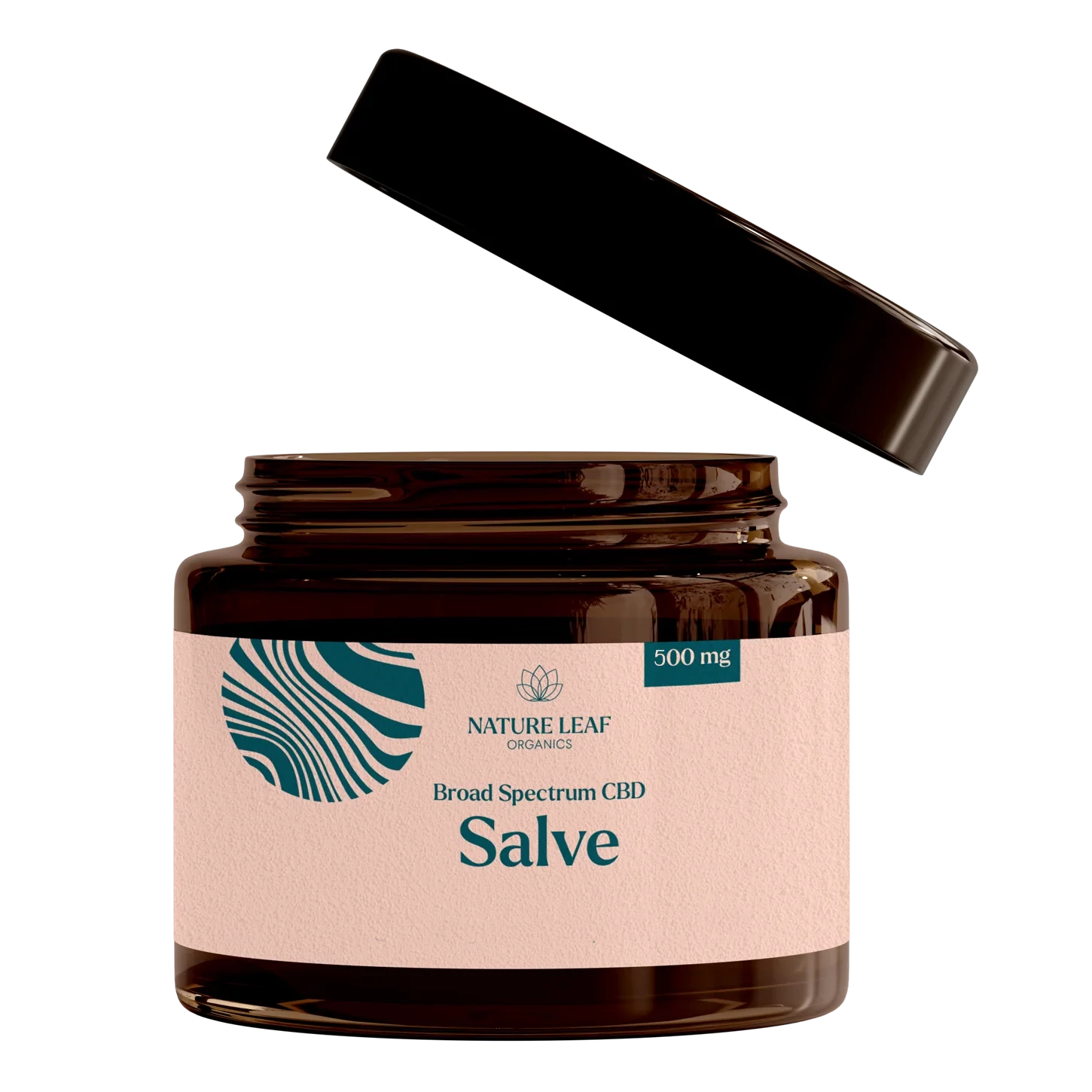OUR PRODUCTS
Inspired by nature, our Broad Spectrum Hemp CBD products are crafted from organic hemp for uncompromising quality and purity. Rooted in sustainability, we’ve designed every detail from our formulas to our hemp-based packaging to nurture both your wellness and the planet.
SOMETHING
ON YOUR MIND?
If we haven’t answered your question yet, please contact us by clicking the button below.
What are Nature Leaf Organics products used for?
Will your products make me feel high?
How long does it take to notice effects?
Which product should I choose?
Are your products tested?
Are your products natural?
How long does shipping take?
How can I contact customer support?
How do subscriptions work?
When am I billed?
Can I change my subscription?
How do promotional offers work?
Can I cancel after a promotional order?
Are promotional orders refundable?
What qualifies for a refund?
What if I’m not satisfied?
How do I know I’m buying the real product?
